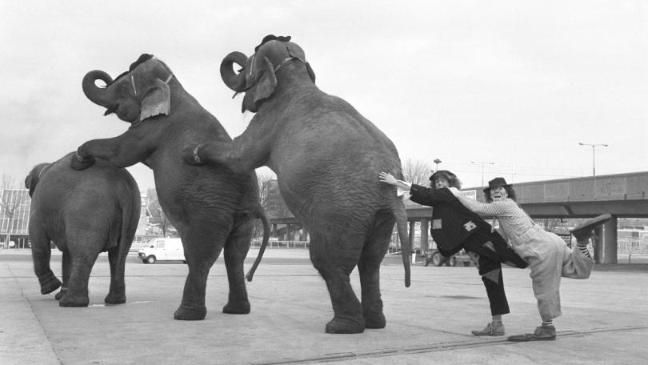
England, Scotland and Wales all have different regulations when it comes to beasts such as lions and tigers going on show in the big top.
The UK Government is currently mulling over draft legislation about a ban - which could also include Wales. Scotland is set to have a public consultation on the matter first.
But Animal Defenders International (ADI), who say using wild animals in circuses is outdated and cruel, say less talk and more action is needed.
Charity bosses have highlighted the case of one circus act who has been stopped from putting on a show in Hereford but is allowed to perform across the border in Wales.
ADI President Jan Creamer said: "No circus or travelling show could ever provide conditions that satisfy the complex needs of wild animals, nor do the acts contribute to conservation or education.
"The UK Government must fulfil its promise to ban all wild animals from circuses and travelling shows or be held responsible for their continued suffering."
Using a Freedom of Information request, ADI said Britain's last lion tamer Thomas Chipperfield was not granted a circus licence by the Department for Food and Rural Affairs (Defra).
Documents show officials expressed concern about the living space for his lions and tigers - saying they were less than half the size recommended.
Mr Chipperfield branded Defra's decision as confusing and said his set up was identical when passed by inspectors on five previous occasions.
However, he has since taken his show An Evening With Lions And Tigers to Wales instead - prompting several protests in the process.
Mr Chipperfield insisted his animals were well looked after and argued his shows drew attention to the plight of endangered species.
Speaking to the Tivyside Advertiser ahead of a show in Cardigan, he said: "There's an estimated less than 4,000 tigers left in the wild and I believe by people seeing them and learning about them sparks an interest in protecting them."

